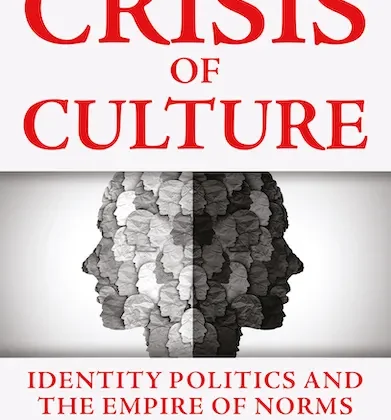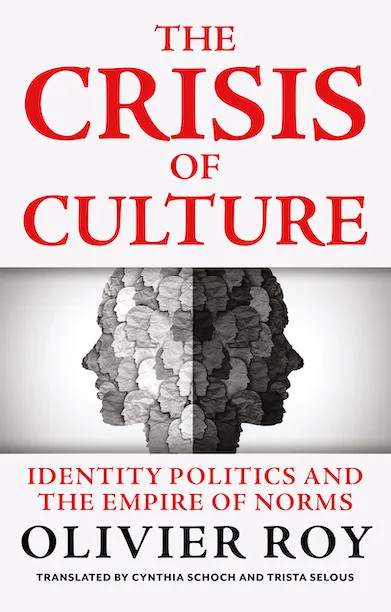

In his review of Olivier Roy’s The Crisis of Culture, Ian Leslie writes:
Roy argues that culture in the sense we have understood it is being inexorably eroded. It’s not, as some of his countrymen believe, that one culture is being replaced by another – say, Christianity by Islam. It’s that all culture is being hollowed out by technology, data, globalisation, bureaucracy, and consumerist individualism. Local cultures, in the sense of finely patterned, shared sensibilities, automatically absorbed and deeply felt, are no match for these bulldozing, ‘deculturating’ forces.
We still need shared norms of behaviour in order to function as societies, however. So in place of implicit culture, he says, we have introduced explicit “norms”: rules of behaviour and speech which aren’t felt or intuited but articulated, coded for, and argued over endlessly. Without instinctive standards for behaviour we have to thrash everything out, from the correct use of pronouns to how to behave on public transport or dress for work. “Culture war” implies some kind of profound division between people, but in truth, suggests Roy, our differences are shallow and petty and all the more bad-tempered for it. Scrape away culture and what you’re left with is negotiation. Everything is politics.
Complex, evolved, layered social identities are being replaced by a series of boxes, with freedom consisting of the right to choose your box at any one time (think about the way that sexual identity is coded into an endlessly multiplying series of letters). The oddly shaped flora and fauna of culture have been reduced a series of “tokens” which we buy and display in order to position ourselves versus others. National cuisines, musical genres, styles of dress: these are all just tokens for us to collect and artfully assemble into a personal brand.
Read the entire review here.
“Everything is politics.” That is not new. It is the intellectual legacy of Marx and Kuyper and their tug of war over the French Revolution. Nothing was apolitical to Jacobinism.